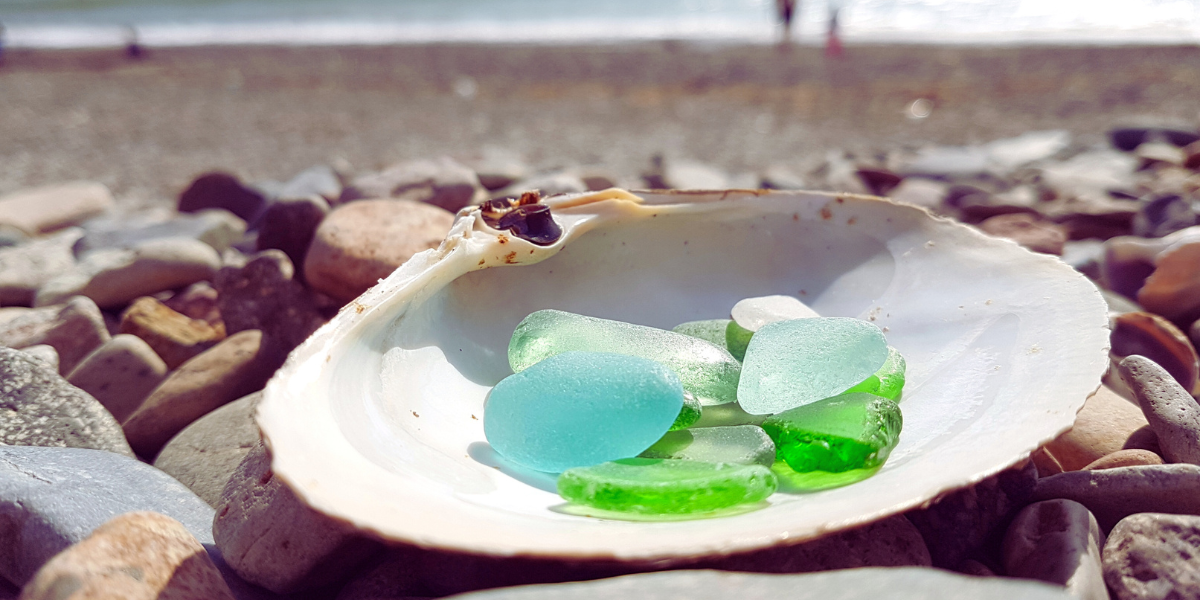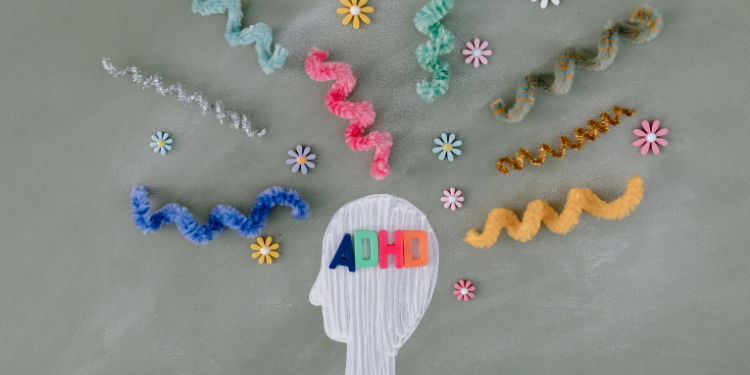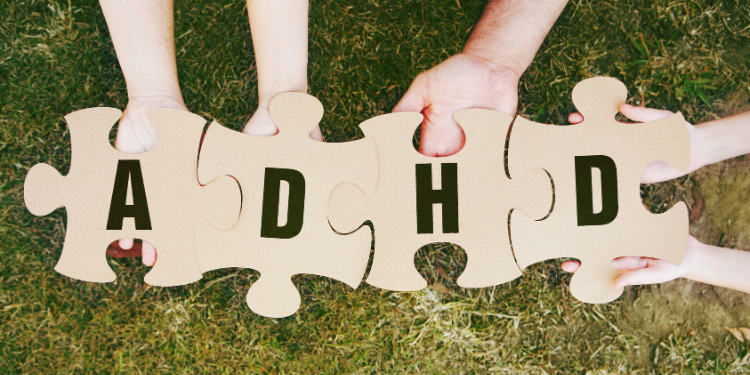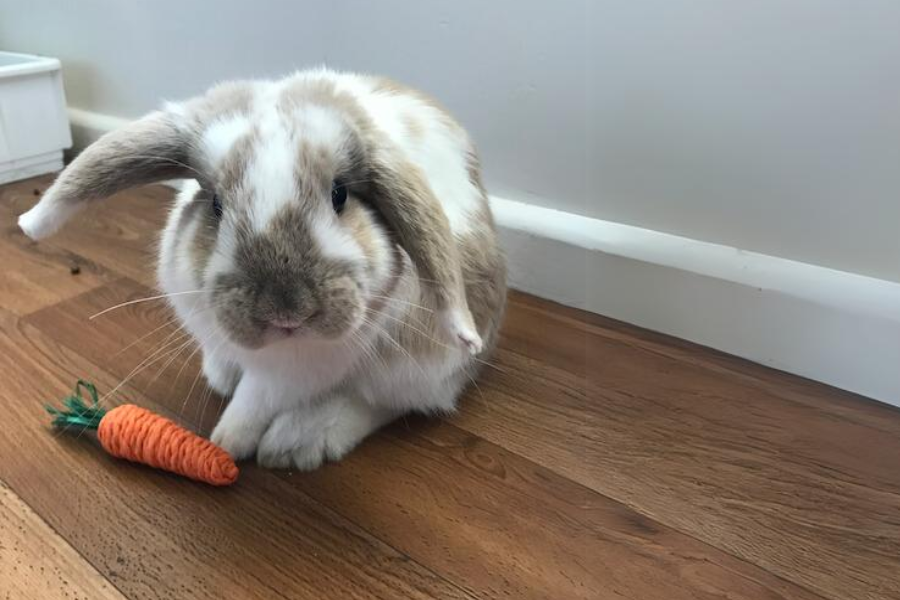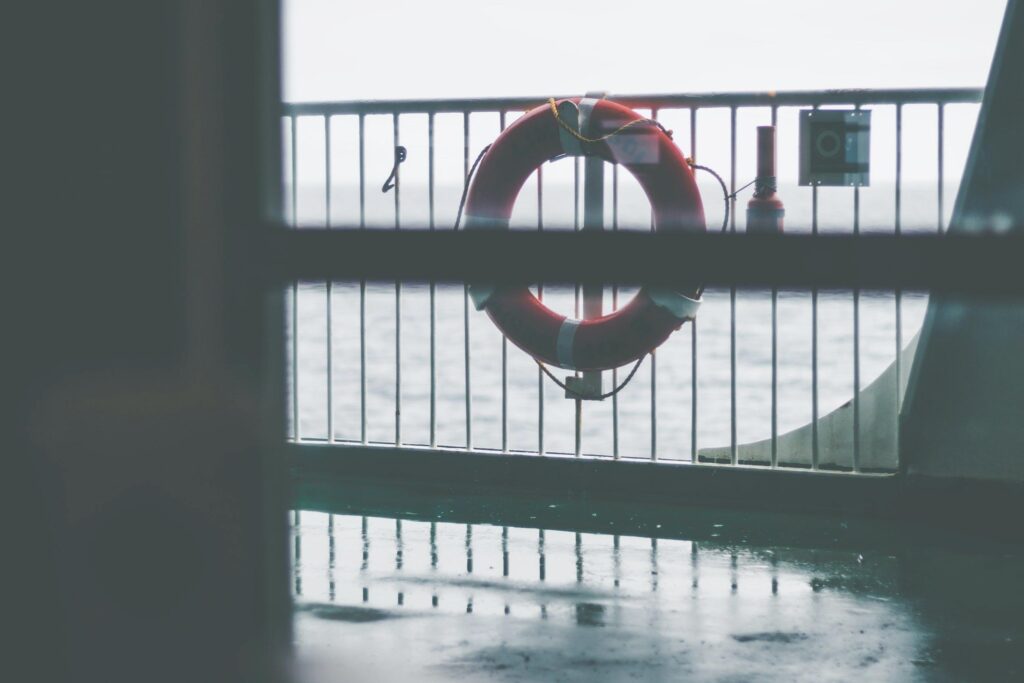The strangeness of ending a period of prolonged stress.
The past three and a half years have been universally stressful for literally everyone! A global pandemic is no joke, and I think a lot of us have completely blocked it out.
And perhaps, like me, you’ve had additional stressors over the past three (or ten!) years, which have meant your ‘baseline’ stress levels have consistently been high.
In the past decade I’ve dealt with caring for a chronically ill parent, studying at university, the ongoing domestic abuse of my mum, relocating (twice), a couple of breakups, and the death of my mum twelve months ago. My baseline stress level has been so high for so long, that I have forgotten what it is to feel normal!
And, as we have all experienced when our baseline stress level is high, any slight addition of stress causes us to feel like we are drowning. We might panic because of something seemingly mundane, like running late for work, having a relational confrontation (yes, I did cry once when my housemate told me it would be nice if I took the bins out more often), or even choosing what to eat for dinner.
But suddenly everything changed. I’m finished studying. My mum passed away over a year ago, which has alleviated the stress of caring for her and worrying about her (but has caused an overwhelming amount of grief). I have a stable job, and for the first time in my life, a safe and secure home life. While COVID cases are increasing with the current wave, the pandemic is no longer a global emergency, and the world has kind of just gone back to ‘business as usual’.
I feel as though I’ve been lost at sea for years, withstanding the constant wind and waves, and I have suddenly washed up on a calm shore, where everyone is going about life as usual, while I feel dishevelled and unsure what to do with myself.
Maybe you are in a similar season. Perhaps you have just retired from work. Maybe your children have just left home, or you’ve finally quit that job that has been stressing you for years and you’re having a break.
In this strange season, I have been learning to accept that I am not the same. I am not the person I was pre-pandemic. I don’t have the same capacity or energy levels that I used to. I am not the same as I was before my mum got sick. All these events have changed me. And that’s okay! It can be hard to accept my ‘new self’ in a world where I feel a strong expectation to be productive, successful, and vibrant.
What if instead of trying to ‘bounce back’ after a period of prolonged stress, instead we just try move forward? Move forward honouring our new capacity. Honouring our sadness, and our slowness. Accepting the ways in which we have changed and grown.
That high baseline stress level, like floodwaters, will take some time to recede, and I think we need to hold space for that. Be kind and forgiving with ourselves and accept ourselves when we don’t function at the same speed as the rest of the world.
Jesus said:
“Come to me, all you who are weary and burdened, and I will give you rest”.
Matthew 11:28
God loves us when we feel empty. When we feel weary and burdened. When we come to him with nothing, he accepts and embraces us. I think people like us, who understand how limited we truly are, are best placed to understand God’s unconditional love for us.
Grace Gayden is the MHPCI’s program administrator. If you have done our Press On course you will have met Grace, as she shared her story with us in that course.
